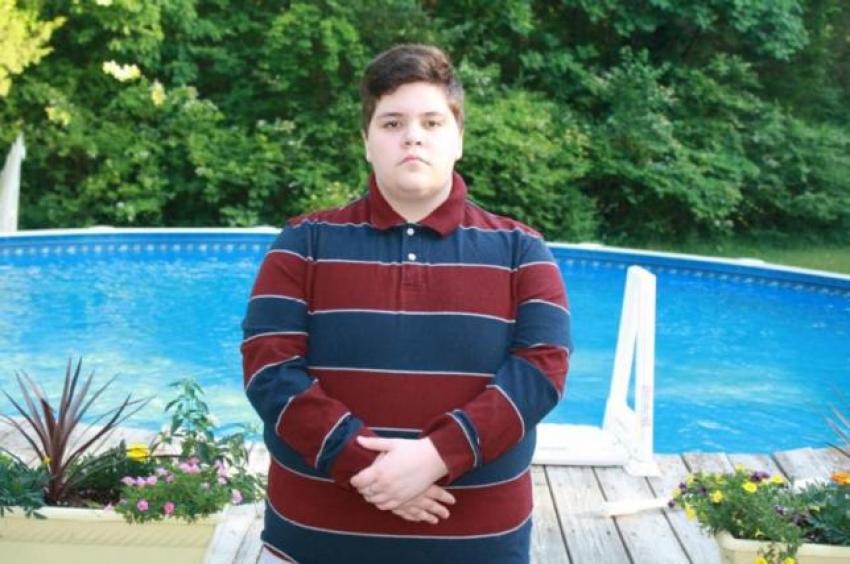Supreme Court to Hear Transgender Bathroom Case, Decide if Student Born Female May Use Boys' Restroom

The Supreme Court on Friday said it will hear the case of a transgender student who was born female but is seeking the right to use boys' bathroom in a Virginia high school.
Gavin Grimm, a student from Gloucester High School in southeastern Virginia, was initially allowed by school administrators to use the boy's bathroom.
The school board later adopted a policy requiring students to use facilities corresponding to their birh sex, but said that "students with gender identity issues" would be allowed to use private bathrooms.
As a compromise, the school built three single use gender neutral restrooms at its campus to accommodate Grimm. Any student can use these restrooms.
In 2015, Grimm filed a lawsuit against the Gloucester County Public Schools with the aid of the ACLU of Virginia (Gloucester County School Board v. Gavin Grimm), which led to the U.S. Court of Appeals for the Fourth Circuit in Richmond ruling against the policy, with a trial judge ordering school officials to allow Grimm to use boys' facilities.
In September of last year, U.S. District Court Judge Robert G. Doumar ruled against Grimm. However, in April a three judge panel of the Fourth Circuit ruled 2–1 against the Doumar decision.
The panel's majority concluded that Title IX should be applied to the case, siding with the U.S. Justice Department's position on the Grimm lawsuit.
"At the heart of this appeal is whether Title IX requires schools to provide transgender students access to restrooms congruent with their gender identity," read the Circuit Court opinion. "We conclude that the department's interpretation of its own regulation ... as it relates to restroom access by transgender individuals, is ... to be accorded controlling weight in this case."
In August, the Supreme Court decided in a vote of 5–3 to block the decision from taking effect while they determined whether to take up an appeal request.
Chief Justice John Roberts, Justices Anthony Kennedy, Clarence Thomas, and Samuel Alito agreed with the decision, Justice Stephen Breyer concurred, and Justices Ruth Bader Ginsburg, Sonia Sotomayor, and Elena Kagan dissented.
The case has wide-reaching ramifications on the political debate over the extent to which public schools should accommodate transgender students.
For example, the Charlotte Mecklenberg School District of North Carolina opted to delay the implementation of an expanded transgender policy because of the high court's initial block.
"As a result of the U.S. Supreme Court ruling, we have placed a temporary hold on the section of the CMS bullying prevention regulation which states that transgender students will be given access to the restroom and locker room facilities corresponding to their gender identity," said Superintendent Ann Clark.



























